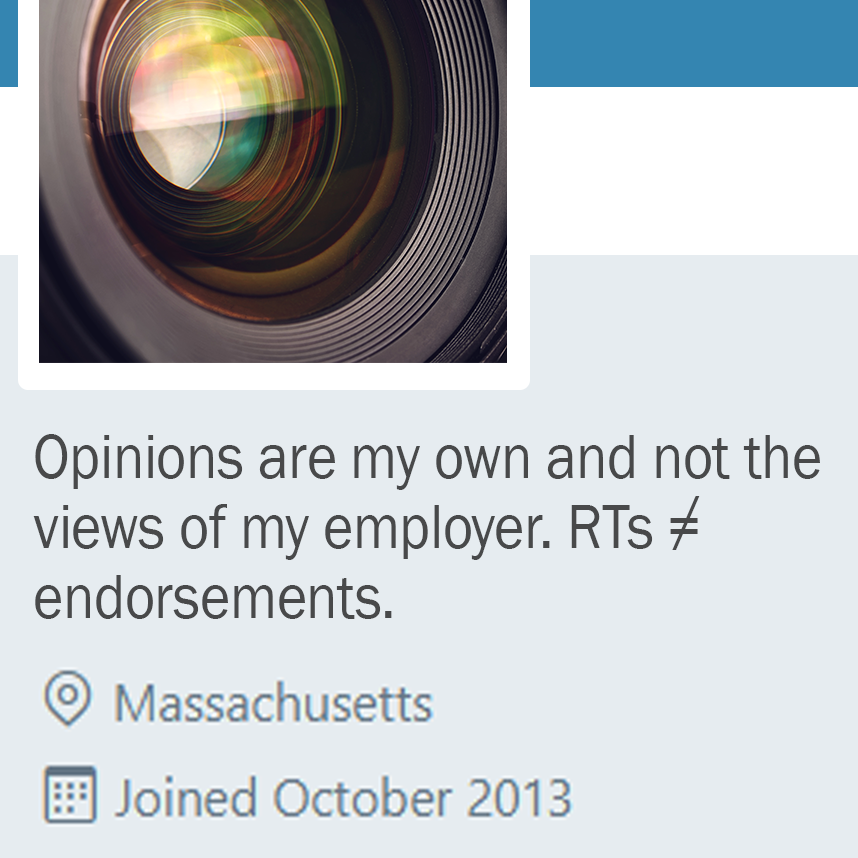It’s easy to bash the media these days and, for sure, they give a lot of reasons for many to do so. But the last two weeks have brought a fresh round of criticism over new social media policies put forward by the leaders of the print pack, The New York Times and The Wall Street Journal.
The new policies amount to a simple call to action that should be at the core of all social media policy – don’t be an idiot.
In the case of the Times, that means telling its journalists not to express any “partisan opinion” on social and, while noting that reporters might be using their accounts on personal time, anything on them is the purview of the paper because of their association with it.
The Journal likewise reiterated its policy prohibiting “partisan comments on social networking sites.”
Many so-called journalism purists breathlessly protested – with the vaunted Columbia Journalism Review declaring not only that the policies will fail but that they were unrealistic. The main argument of CJR chief digital writer Mathew Ingram was that reporters have opinions and it’s silly policy for media outlets to try to shelve that opinion on social media.
“If someone tells you that they have no opinion, even on serious issues, that they are totally objective and that they also never make a mistake, you would probably think they are either a liar or a sociopath,” Ingram wrote. “And yet that is what social-media policies like the ones at the Times and the Journal are asking people to believe.”
He followed it with this gem of an argument based on news media seeking ever-more subscribers and membership fees:
“How do you convince people to support you in such a way? By building a relationship with them, one that encourages them to believe you share a worldview, or at least that you can be trusted. And how do you do that? Not by pretending you have no opinions, but by being as honest as possible—asking for feedback and admitting when you make a mistake. In other words, by being human.”
There’s so much wrong here I’m not sure where to start.
First, no one at any of these companies is saying or has ever said journalists don’t have and can’t have opinions. What they are saying and what they should say is that, unless you are a columnist or editorial writer, you don’t write that opinion.
Why should social media be any different than the pages of the Times, a guest spot as a CNN contributor or a speech journalists give to any number of audiences? In all those cases, we expect journalists will uphold the standards we expect in unbiased journalism. What’s different about Twitter, Facebook or Instagram?
Last, does the writer here really think that if a reporter is blasting or praising Trump, a Governor, a CEO, a movie producer or a professional athlete in an opinion-laden social media post that they won’t get called out for bias, unfair treatment or otherwise? And what does that do to the credibility of reporters and newspapers?
There are columnists and critics – they get paid for opinions. Reporters get paid for facts and, where appropriate, fact-based analysis.
There aren’t a lot of simple truths in life but this should be one of them – everything a journalist says and does will be questioned, picked apart and dissected through the lens of fair/unfair, fact/fiction, biased/unbiased.
The Times and Journal are absolutely right to hold their people to that standard – whether in the pages of their papers (digital or print), on CNN, in a speech or, of course, on social media.
-30-





